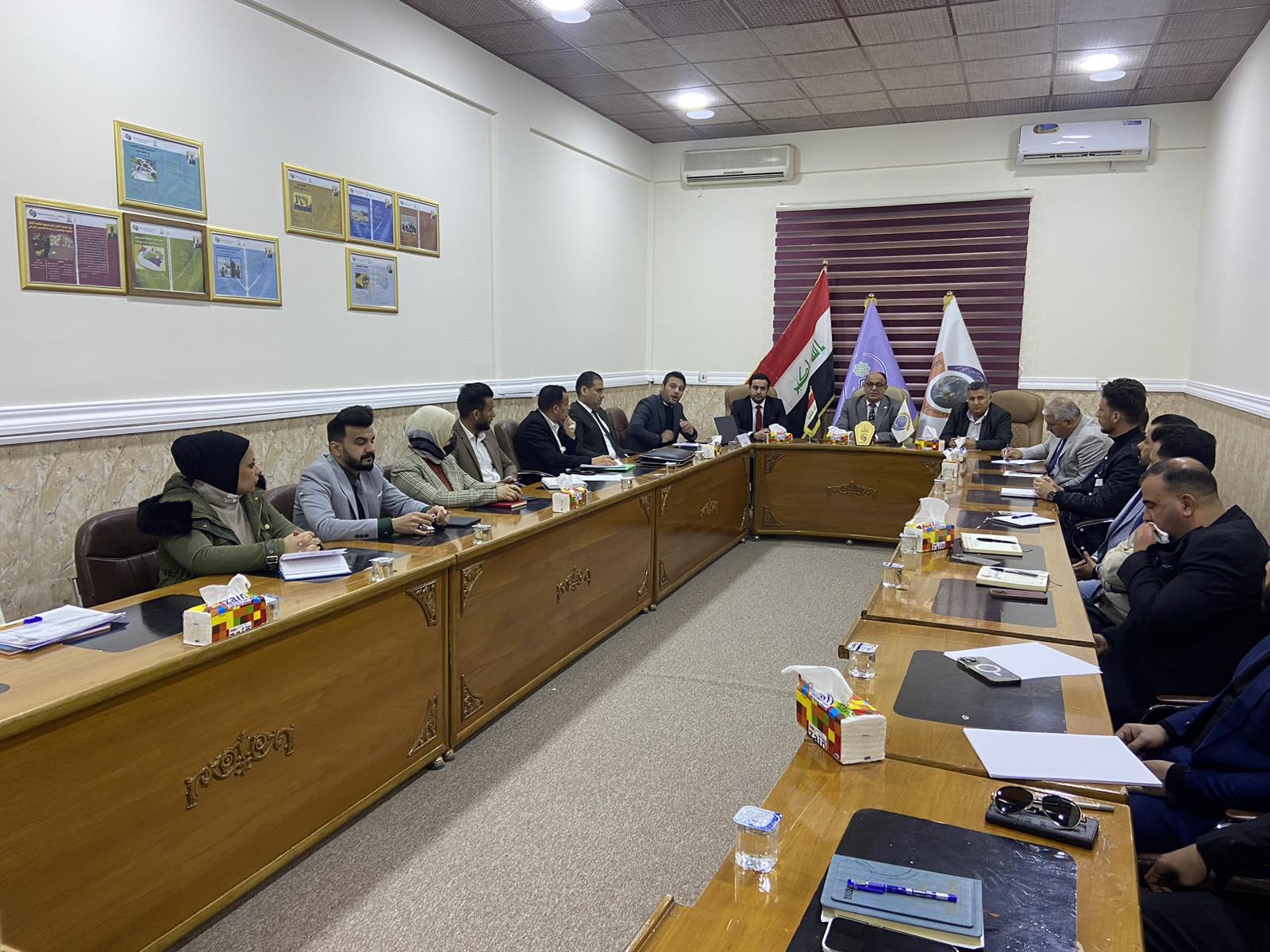Participatory seminar on "Developments and Reflections on Iraq: The Future of American Presence in the Middle East"

Under the patronage of Professor Dr. Mushtaq Talib Al-Nada, president of Anbar University, the Center for Strategic Studies, in cooperation with the Faculty of law and political science at Anbar University, held the fourth discussion seminar entitled "Developments and Reflections on Iraq: The Future of American Presence in the Middle East". The research paper in the first axis was written by Dr. Khalid Hashim al-Issawi of the Anbar University Faculty of Law and Political Science and was titled "The Middle East in the American strategy after the year 2017". He discussed the "Asia-Pacific" region leading the priority in US strategy, especially with the rise of China, and the "Middle East" region's declining priority since former US President Barack Obama took over the reins of government in the White House, particularly in his second term.
Regarding the second axis, Assistant Professor Dr. Falah Mubarak Bardan, the head of Department of Future Studies and Crisis Management at the Center for Strategic Studies at Anbar University, discussed what to expect should the United States of America withdraw from Iraq. The axis was titled "The Future of Iraq in light of calls to end the work of the international coalition/connotations and repercussions."
Who are the potential replacement nations in the event that the United States withdraws from Iraq? He noted that Iran is the leading contender, followed by China and Russia. However, the researcher cautioned that it is unlikely for Washington to leave Iraq anytime soon.
"Ending the US military presence in Iraq and its economic repercussions" was the topic of discussion for the third session. Assistant Professor Dr. Muhannad Hamid Mehidi, a political science professor at the Faculty of Law and Political Science at Anbar University, discussed the US sanctions imposed on Iraqi banks as well as the present and potential future economic repercussions should US forces withdraw from Iraq. Dr. Hamid noted that the relevant authorities should devise a plan to prevent any negative effects on the country's economy, which is primarily dependent on oil exports.
Topics may interest
Visit to the Council of Governorate of AnbarSymposium on the combat against drugs in Anbari society
Referendum between College of Arts and Centre of Strategic Studies
How to publish in high quality journals of Arabic language (Scopus)
Publications of the Center (Building Academic Leadership Strategies in Iraqi universities: Anbar University as a model)
Center publications (an economic study of some of the effects of reducing the Iraqi dinar exchange rate on the development and future reality of Iraq)
The Center's Delegation to Anbar police Command
Participatory Symposium (Sustainable cities,planning,management,implementation